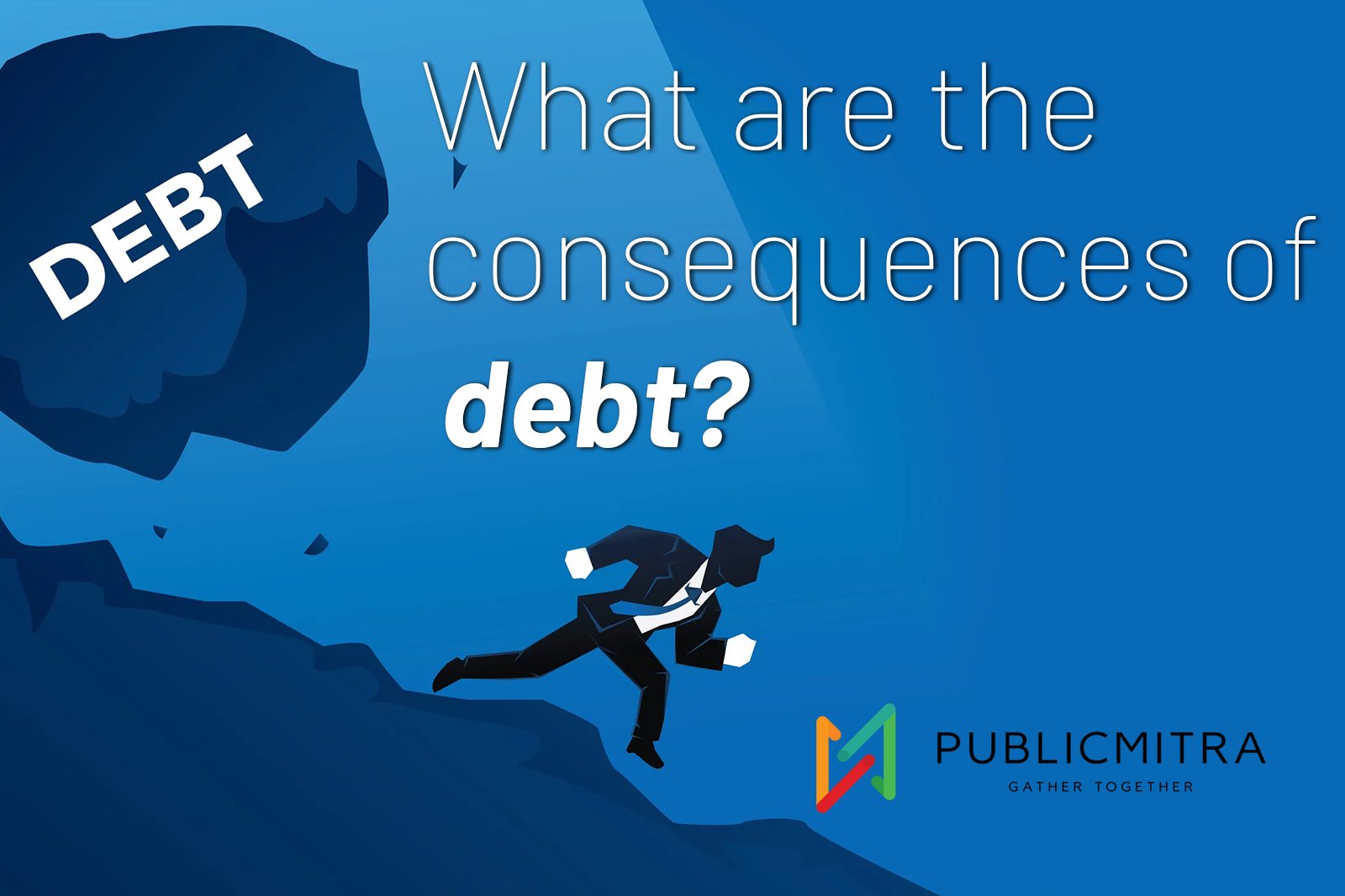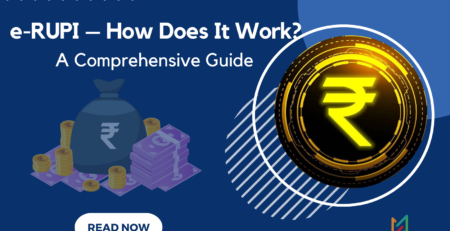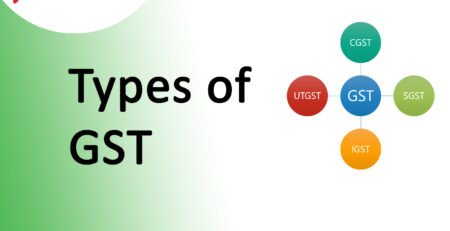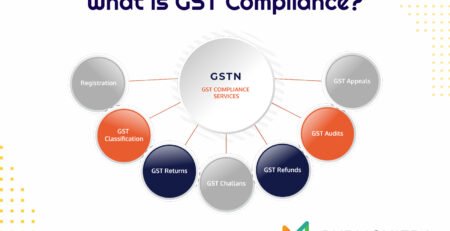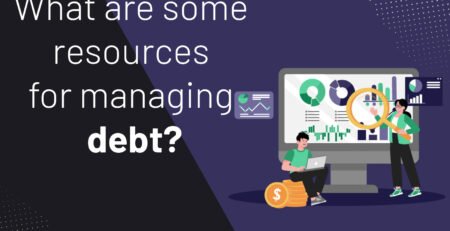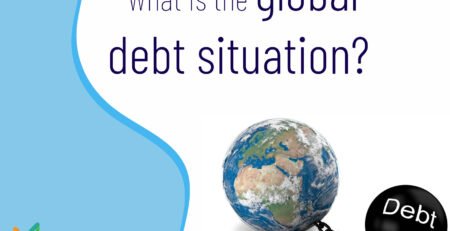What Are The Consequences Of Debt?
The Weight of Debt: Consequences and How to Manage Them
Debt is a common financial burden that is experienced by numerous people and households around the world. While it can be a way to meet life’s goals and deal with unforeseen costs, carrying too much debt can have several negative effects that ripple throughout one’s financial landscape, adversely affecting both their financial stability and general quality of life.
We will examine the wide-ranging effects of debt in this in-depth post and offer priceless ideas on how to expertly navigate and manage these effects, finally regaining financial security and peace of mind.
Financial stress
Individuals and families are burdened tremendously by significant debt, which manifests as ongoing financial stress that permeates every part of everyday life. Mental health can be severely impacted by the ongoing stress of making monthly payments, battling excessive interest rates, and the looming threat of an ever-growing debt load.
The constant strain of financial stress frequently causes elevated levels of anxiety, which hurts one’s daily activities and general well-being. People frequently become mired in a loop of worry, doubt, and fear about their financial future, which can seriously speed up the onset of anxiety disorders.
The Strain on Personal Relationships
Individuals and families are burdened tremendously by significant debt, which manifests as ongoing financial stress that permeates every part of everyday life. Mental health can be severely impacted by the ongoing stress of making monthly payments, battling excessive interest rates, and the looming threat of an ever-growing debt load.
Reduced Savings and Investments
The constant strain of financial stress frequently causes elevated levels of anxiety, which hurts one’s daily activities and general well-being. People frequently become mired in a loop of worry, doubt, and fear about their financial future, which can seriously speed up the onset of anxiety disorders.
Limited Financial Freedom
Debt has the potential to limit one’s financial independence and make it more difficult to adapt to and meet life’s financial needs. High monthly debt payments can consume a sizable portion of an individual’s income, drastically restricting discretionary spending.
As a result, the quality of life is impacted as necessities take precedence over fun and amusement. Additionally, having debt might make it difficult to save money for the future, invest, and maintain the safety net needed to face unforeseen situations. When debt is not managed, it can hinder one’s ability to pursue a more wealthy and meaningful life and throw a lengthy shadow over their financial freedom.
Negative impact on credit scores
Credit ratings are negatively impacted by bad debt management, which is demonstrated by missed payments, defaults, or excessive credit use. These poorer credit scores, which are a direct result of financial mistakes, have unfavorable ripple effects.
Notably, they can encounter increased interest rates on future loans, adding to an already difficult financial condition. Due to the frequent scrutiny of credit histories by landlords, finding rental accommodation can become a difficult endeavor.
Additionally, opening new credit lines—necessary for many aspects of life—becomes a challenge. Therefore, the effects of bad debt management go beyond the immediate financial arena and affect important areas of one’s financial life.
Accumulation of Interest Costs
Interest fees associated with outstanding debt can develop into a powerful foe, skulking in the shadows and gradually building up over time. People can end up paying back a lot more than the original debt because of the sneaky way compound interest works. This snowball effect can impede financial growth by directing laborious income away from wealth-building or other financial objectives and towards paying interest.
Limited Credit Access:
Contrarily, having a lot of debt can make it difficult to get fresh loans. People with significant outstanding debt are frequently seen as having higher credit risks by lenders, making it difficult to obtain loans or credit cards with favorable terms. This restriction on credit availability may make it more difficult to refinance, consolidate debt, or get credit for critical expenses, which can exacerbate already challenging financial situations.
Legal Consequences:
Serious delinquency or default can lead to legal tangles that leave long-lasting financial and personal scars. Determined to recover their losses, creditors may turn to legal action. These actions can include property liens that encumber assets like homes or cars or wage garnishments, in which a portion of one’s income is taken to pay off the debt. In extreme circumstances, bankruptcy may be the result, of a financial decision with long-lasting repercussions.
A bankruptcy ruins one’s credit history and might make borrowing in the future difficult. Additionally, it has a significant negative impact on the individual, leading to tension, worry, and possibly strained relationships. Therefore, the legal repercussions of debt serve as a warning, emphasizing the importance of prudent money management.
Managing the Effects of Debt
Gaining control of debt’s effects is essential for recovering financial stability:
- Create a sensible budget to allot money for saving and paying down debt.
- If necessary, seek out expert debt consolidation or financial counseling.
- Give high-interest debt a top priority for quick repayment.
- Talk to your creditors about your choices for paying them back.
- Put your attention on raising credit scores through sensible financial management.
- To hasten debt repayment, take into account new revenue streams.
- Create a support system to handle the emotional strain brought on by debt.
Bottom Line
Debt has repercussions that go far beyond just financial difficulties; it also has an impact on relationships, mental health, and general well-being. While debt is a typical feature of contemporary living, it must be appropriately managed to reduce its negative impacts. People can take back control of their finances and work towards a future free of debt by using responsible financial practices, budgeting, and asking for help when necessary.


